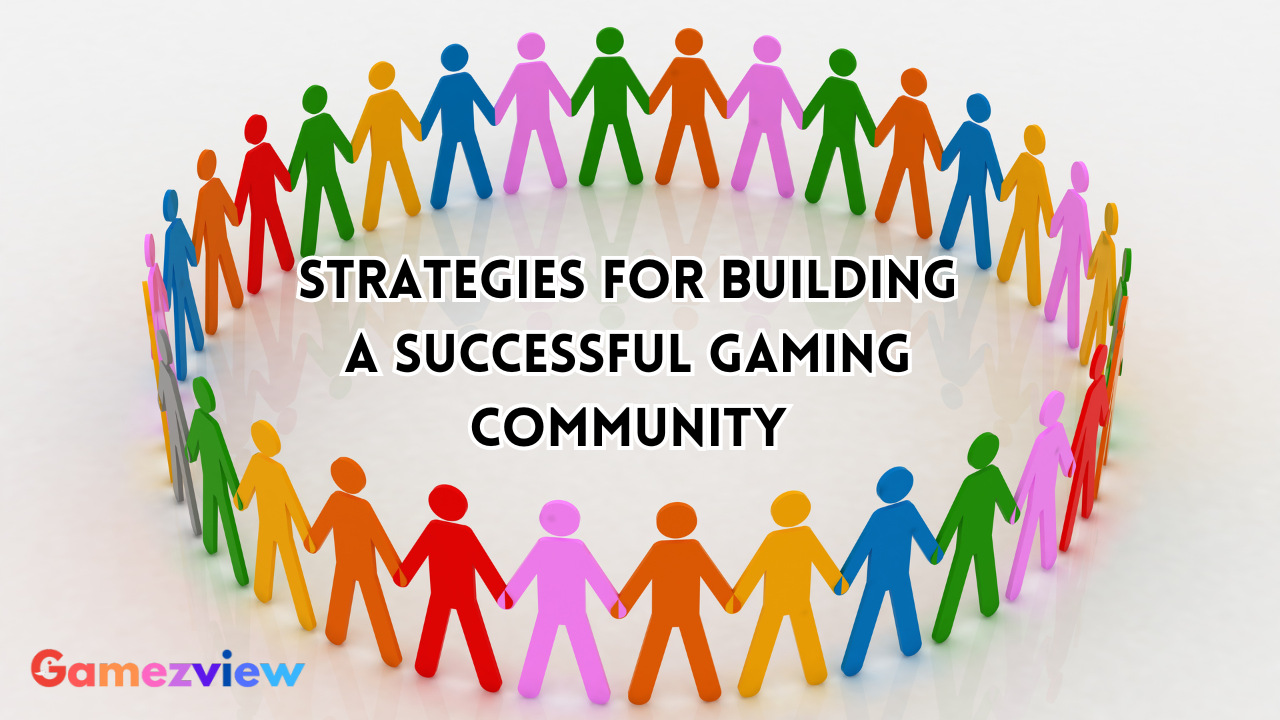Japanese gaming culture has had a profound impact on the video game industry, shaping trends, genres, and player expectations worldwide. From iconic franchises to innovative game mechanics, Japan has been at the forefront of gaming innovation for decades. In this article, we explore the various ways in which Japanese gaming culture has influenced the industry and continues to do so today.
1. Iconic Franchises and Characters
One of the most significant contributions of Japanese gaming culture to the industry is the creation of iconic franchises and characters that have become household names. From Mario and Pokémon to Final Fantasy and Metal Gear Solid, Japanese developers have introduced a plethora of memorable characters and worlds that have captured the imaginations of players around the globe.
2. Innovation in Game Design
Japanese game developers are known for their innovative approach to game design, often pushing the boundaries of what’s possible within the medium. From pioneering genres like role-playing games (RPGs) and survival horror to introducing innovative gameplay mechanics and storytelling techniques, Japanese games continue to set the standard for creativity and innovation in the industry.
3. Cultural Themes and Aesthetics
Japanese gaming culture is deeply rooted in the country’s rich history, mythology, and pop culture, which often serve as inspiration for game developers. Themes such as honour, friendship, and redemption are commonly explored in Japanese games, adding depth and richness to their narratives. Moreover, Japanese aesthetics, including vibrant art styles, intricate character designs, and epic soundtracks, contribute to the unique appeal of Japanese games.
4. Influence on Global Gaming Trends
The influence of Japanese gaming culture extends far beyond the borders of Japan, shaping global gaming trends and preferences. For example, the success of Japanese RPGs paved the way for the popularity of similar games in the West, leading to the rise of franchises like The Legend of Zelda and Mass Effect. Similarly, Japanese developers have been instrumental in popularizing gaming conventions such as conventions such as anime-style visuals, character customization, and narrative-driven gameplay.
5. Cross-Cultural Collaboration
The global appeal of Japanese gaming culture has led to increased collaboration between Japanese and Western developers, resulting in the creation of groundbreaking titles that blend the best elements of both cultures. For example, collaborations between Japanese and Western studios have produced critically acclaimed games such as Dark Souls, NieR: Automata, and Resident Evil.
6. Impact on Gaming Technology
Japanese gaming culture has also played a significant role in driving advancements in gaming technology. From the development of cutting-edge consoles like the PlayStation and Nintendo Switch to the widespread adoption of motion controls and virtual reality, Japanese developers have been at the forefront of technological innovation, pushing the boundaries of what’s possible in gaming.
7. Community and Esports
Japanese gaming culture places a strong emphasis on community and social interaction, which has contributed to the growth of esports and competitive gaming in Japan and around the world. Events like the Evolution Championship Series (EVO) and the Capcom Pro Tour attract thousands of players and spectators each year, showcasing the competitive spirit and skill of Japanese gamers on a global stage.
Japanese gaming culture has had a profound and lasting impact on the video game industry, shaping trends, genres, and player experiences worldwide. From iconic franchises and innovative game design to cultural themes and technological advancements, Japan continues to be a driving force in gaming innovation. As the industry continues to evolve, we can expect Japanese developers to remain at the forefront of creativity and innovation, inspiring gamers and shaping the future of gaming for generations to come.


/cdn.vox-cdn.com/uploads/chorus_image/image/59170549/25_kingdom_hearts.0.jpg)



